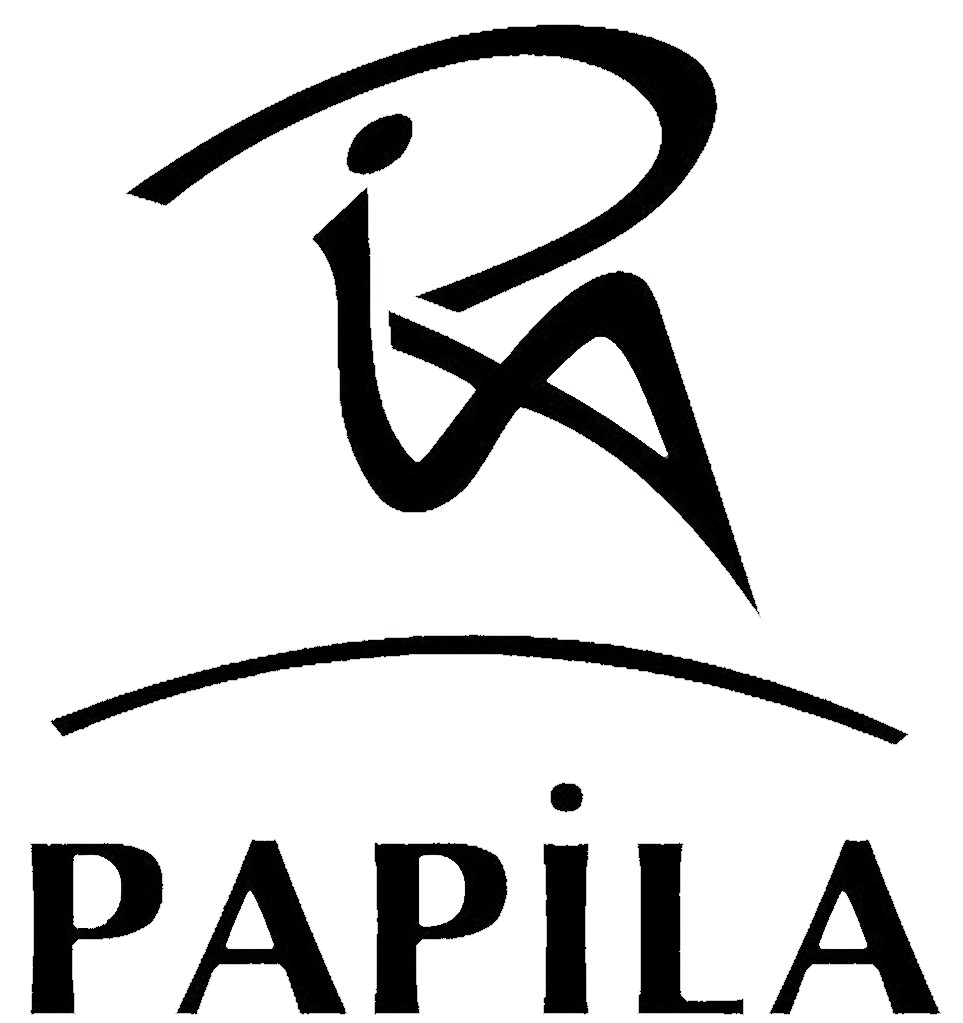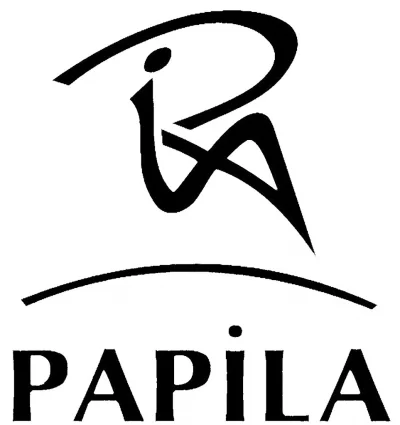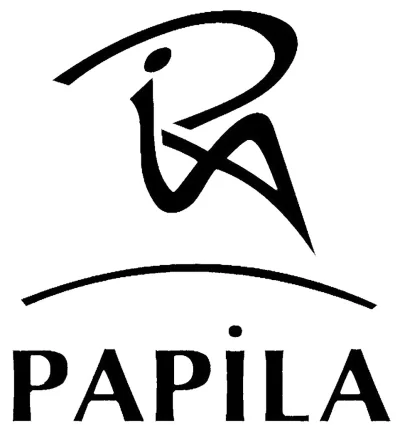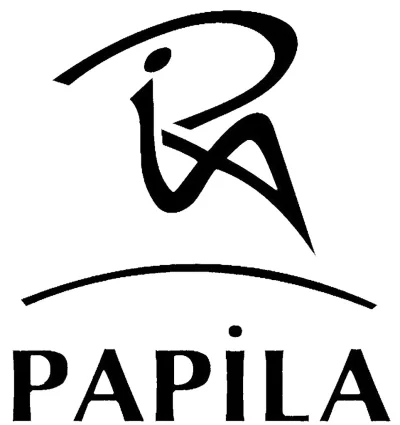
Sports Law in Türkiye : A Comprehensive Overview
Introduction
Sports law in Türkiye has grown significantly over the past decades, reflecting the increasing importance of sports as a social and economic activity. The legal framework surrounding sports includes regulations on sports governance, athletes' rights, doping control, arbitration, and the management of sports clubs. The primary goal of sports law in Türkiye is to ensure fairness, transparency, and the prevention of corruption in sports-related activities. This essay provides an in-depth exploration of the structure, key regulations, and challenges facing sports law in Türkiye.
1. The Structure and Legal Framework of Sports Law in Türkiye
Sports law in Türkiyeis primarily governed by national laws, sports federations’ regulations, and Türkiye’s obligations under international treaties.
1.1 The Role of the Youth and Sports Ministry
The Ministry of Youth and Sports plays a central role in overseeing sports policy and coordinating the activities of sports organizations. It is responsible for promoting youth participation in sports, monitoring the performance of sports federations, and implementing national policies.
1.2 Law No. 7405 on Sports Clubs and Federations
The cornerstone of sports law in Türkiye is Law No. 7405, which came into force in 2022, replacing older frameworks. This law provides detailed rules on the structure, financial management, and operations of sports clubs and federations, aiming to increase transparency and financial discipline. It also introduced stricter governance models, requiring clubs to maintain clear accounting practices and minimizing state interference in their management.
- Sports Federations: Federations, such as the Turkish Football Federation (TFF) and the Turkish Basketball Federation (TBF), operate independently but must comply with national law and international standards.
- Licensing and Membership Rules: Athletes and sports entities need licenses to participate in organized sports activities, and federations are responsible for setting the criteria for membership and competition.
2. Doping and Ethics in Turkish Sports Law
Doping control and anti-corruption policies are crucial pillars of sports law. Türkiye aligns its doping regulations with international standards, particularly those set by the World Anti-Doping Agency (WADA).
2.1 Anti-Doping Regulations
The Turkish Anti-Doping Commission works closely with sports federations to implement doping tests, conduct investigations, and sanction athletes involved in doping. Strict penalties, including suspensions and disqualifications, are imposed on athletes who violate anti-doping rules.
2.2 Integrity and Anti-Corruption Efforts
Turkey has also prioritized preventing match-fixing, bribery, and other unethical practices. Law No. 6222 on the Prevention of Violence and Disorder in Sports establishes criminal sanctions for individuals involved in illegal betting and match-fixing. The law seeks to protect the integrity of sports competitions and ensure fair play.
3. Dispute Resolution and Sports Arbitration
Legal disputes in sports are typically resolved through arbitration or internal federation procedures. Turkey recognizes arbitration as a vital tool for handling conflicts efficiently and fairly.
3.1 Court of Arbitration for Sport (CAS)
Turkish sports law acknowledges the jurisdiction of the Court of Arbitration for Sport (CAS) in Lausanne, Switzerland, for international disputes. Turkish athletes, clubs, and federations frequently appeal to the CAS to resolve matters such as transfers, disciplinary actions, and contractual disagreements.
3.2 National Arbitration Mechanisms
At the national level, disputes are usually referred to the arbitration boards of relevant federations. For example, the Turkish Football Federation has its own arbitration committee to address conflicts within the football industry.
4. Athletes' Rights and Labor Issues
The relationship between athletes and clubs is also regulated under sports law, particularly concerning labor rights, transfers, and contracts.
4.1 Employment Contracts and Transfers
Athletes are typically engaged under fixed-term contracts, which must comply with national labor laws. Transfer regulations are governed both by domestic laws and the rules of international federations, such as FIFA. Clubs must respect contractual obligations, including salary payments and benefits, or face legal action.
4.2 Gender Equality and Inclusion
In recent years, Türkiye has taken steps to promote gender equality and inclusion in sports. Although male athletes continue to dominate professional sports, more women are gaining opportunities, particularly in basketball, volleyball, and athletics. Federations are required to create policies that foster equal participation and discourage discrimination.
5. Challenges and Future Directions in Turkish Sports Law
Despite recent reforms, sports law in Türkiye faces several challenges, including financial mismanagement in clubs, inadequate protection of athletes' rights, and persistent cases of doping and corruption.
5.1 Financial Management Issues
Many Turkish sports clubs, especially football clubs, have accumulated substantial debts due to mismanagement and unsustainable spending. Law No. 7405 aims to address these issues by requiring transparent financial practices, but full compliance remains a challenge.
5.2 Athlete Welfare and Development
While Turkish sports law emphasizes fair treatment of athletes, more work is needed to support youth athletes and retired professionals. Issues such as pension schemes, mental health services, and career transitions require further legal attention.
5.3 International Pressure and Compliance
Türkiye's sports bodies must also navigate the demands of international federations and organizations. Ensuring compliance with WADA regulations, FIFA rules, and CAS decisions is crucial for maintaining the country's reputation in the international sports arena.
Conclusion
Sports law in Türkiye has evolved significantly, reflecting both the growing importance of sports and the complexities of regulating this field. The introduction of Law No. 7405 and other measures indicates a commitment to transparency, integrity, and fairness in sports governance. However, challenges such as financial instability, doping, and athlete welfare remain pressing issues. As Turkey continues to develop its sports ecosystem, it will need to strike a balance between domestic interests and international standards, ensuring that its legal framework supports the long-term growth and integrity of sports.
By building on these reforms and addressing existing challenges, Türkiye has the potential to enhance its standing in global sports and provide a sustainable and equitable environment for athletes, clubs, and fans alike




